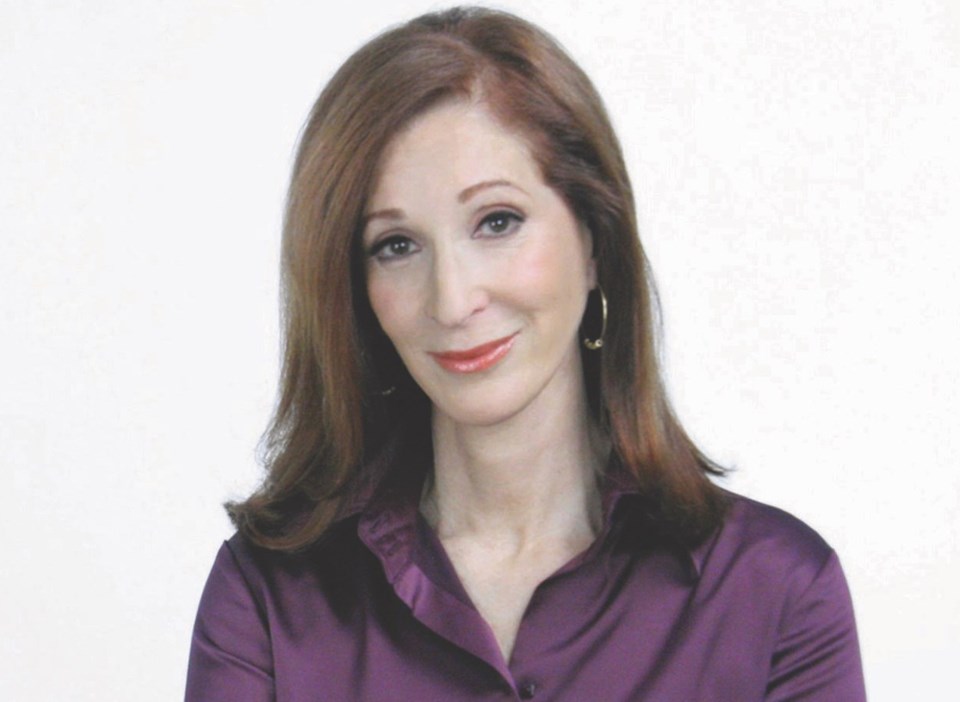 Dear Ellie: I’m a woman, age 37, who was in a great same-sex relationship I thought was mutual. But my then-girlfriend would never say that she loved me, even though I said it to her.
Dear Ellie: I’m a woman, age 37, who was in a great same-sex relationship I thought was mutual. But my then-girlfriend would never say that she loved me, even though I said it to her.
She told me the old story that she’d been “hurt too many times,” and that we were fine with being together and intimate, but there was no long-term commitment. I was devastated.
Eventually, I just walked away. That was three years ago and a lot has happened in between — another relationship that turned out to be with someone who was cheating on her partner … and then COVID.
I focused on learning how to best work from home and built up a virtual business teaching home-bound kids movement and dance. It caused me to re-examine my life and values. I didn’t look at dating apps, had no in-person contact with anyone until things opened up a bit and I could finally see my mother, both of us wearing masks and staying distanced.
Then, months later, my former girlfriend whom I’d loved and left, reached out on text, asking if I was OK. I told her about my business. She was very impressed. She seemed more interested in how I’d handled this tough period than she’d ever previously been about my work.
We chatted occasionally at first, then back and forth for several more months until we both got vaccinated, and then got second doses before we met in person. Now, we’re seeing each other every couple of weeks. It’s slow and steady, but feels good. She’s loving to me, but she still doesn’t use the word. I’ve stopped worrying about that, I have a lot more self-confidence now. But I wonder if I’m being realistic.
After someone’s broken your heart, can you ever really trust them again?
Once Burned, Twice Shy
Self-confidence and self-respect are essential when taking a second chance on a relationship that left you deeply hurt. You’ve solidified those important values during a most difficult time of COVID. You’re stronger, more successful and self-assured than you felt over three years ago. Your girlfriend sees these changes and respects them.
However, you need to discuss the past once, thoroughly. Ask any questions you still have, and accept no throw-away responses. The conversation may hurt a little, but that’s natural. Be clear about what you will not accept in a relationship now.
This isn’t about punishing her. It’s being clear about who you are and what you need if you are to be together as a committed and mutually loving couple.
Reader’s Commentary, My best friend had also fallen for my former flame (Aug. 25):
“How is this a betrayal? The key word here is ‘former,’ as in, ‘no longer.’ Once the letter-writer was no longer involved, his friend could have become this woman’s partner and lover.
“There is no ownership of the woman here. Your answer was correct, Ellie. it is grief that is forming the writer’s sense of betrayal.
“The letter-writer should be grateful for having had both of these people in his life. Loving, heartbreak, sorrow are all part of the human experience. The former ‘best friend’ is likely also feeling bereft. Reconnecting, sharing memories of the three of you may be helpful in gaining some perspective and also in healing. Perhaps it may allow the two of you to regain some/all of your friendship.”
Ellie’s tip of the day
Don’t distrust a past partner’s positive appreciation of your personal growth during the pandemic. But insist on equal and shared commitment this time.
Send relationship questions to [email protected].


